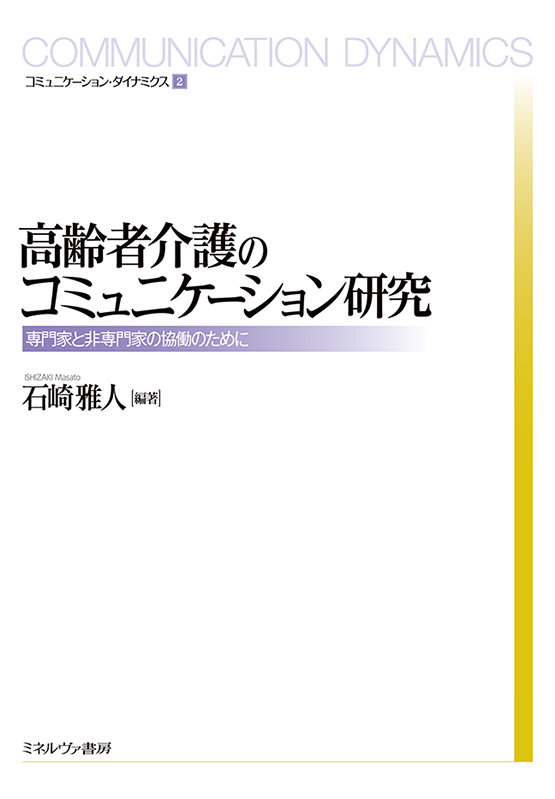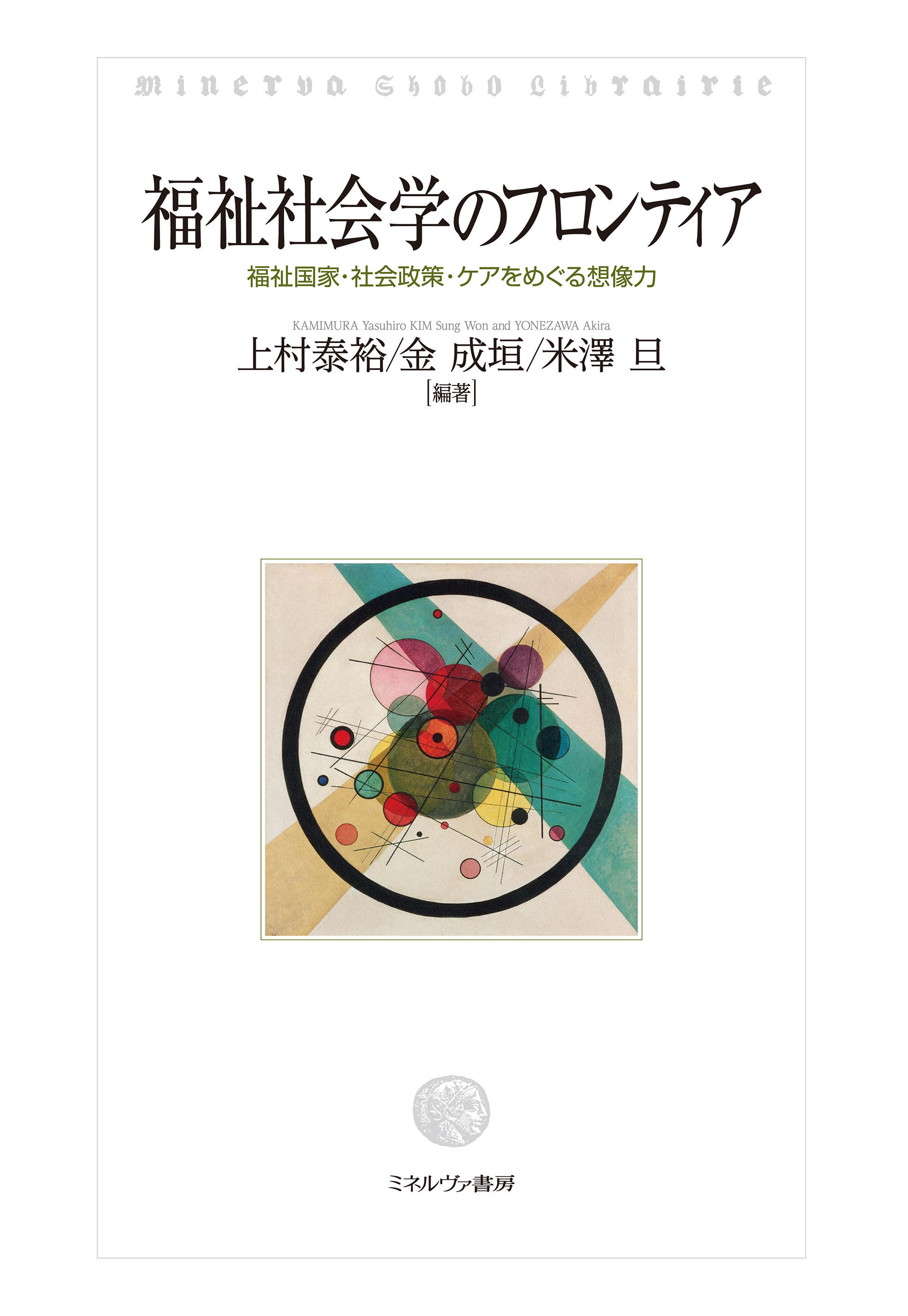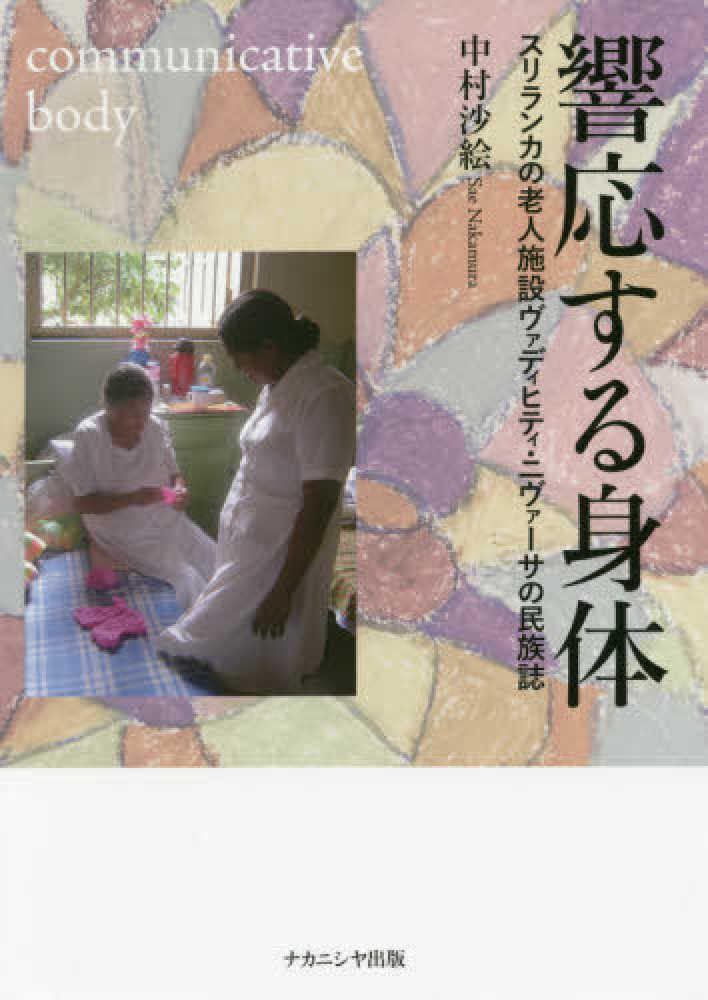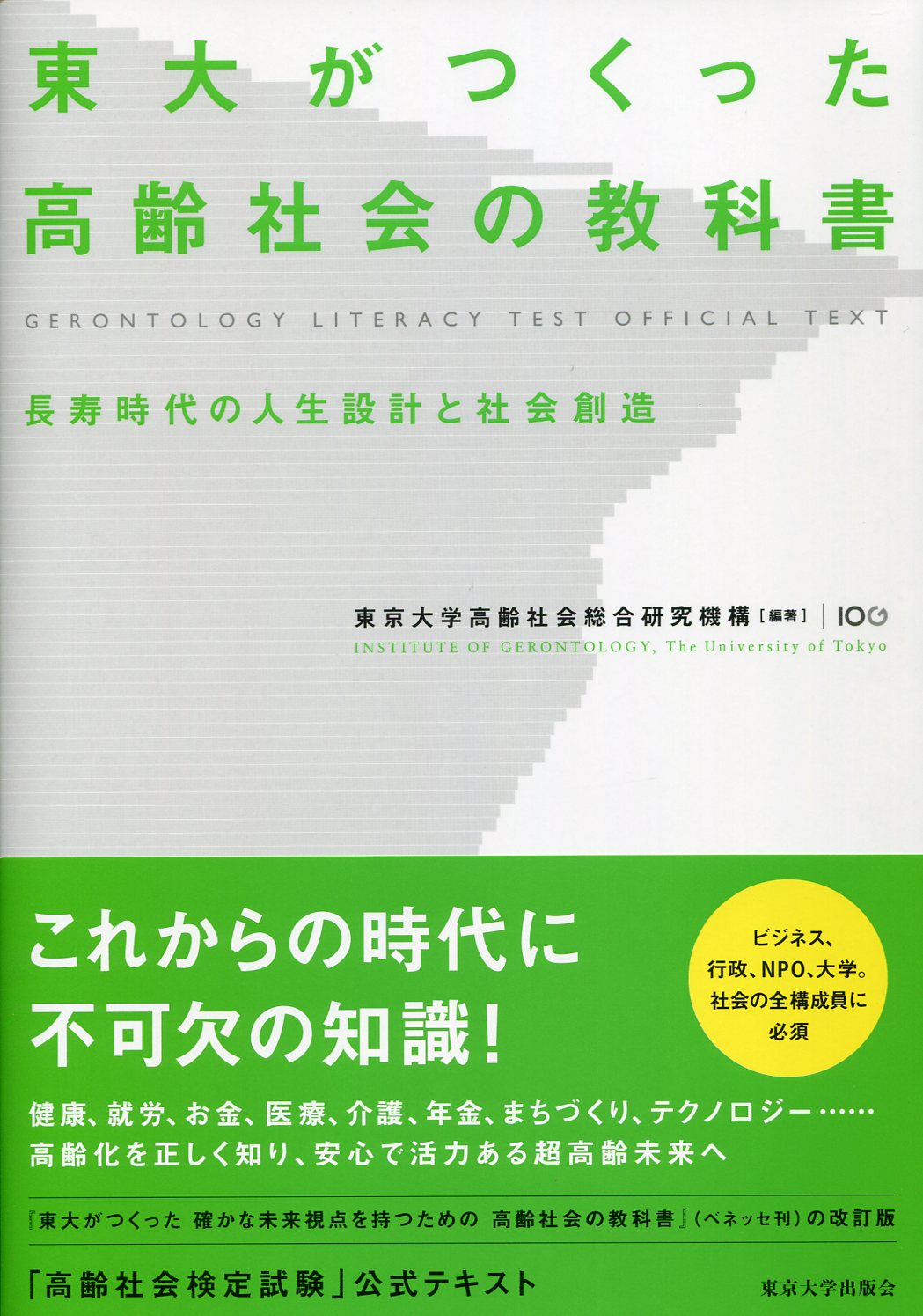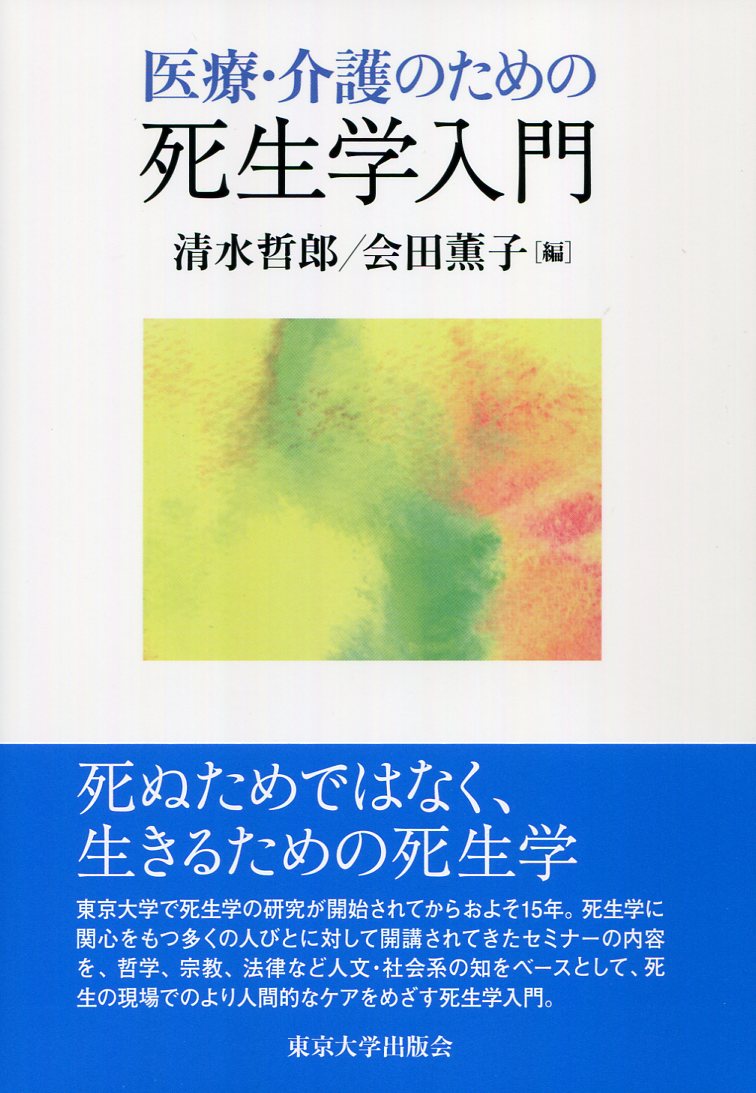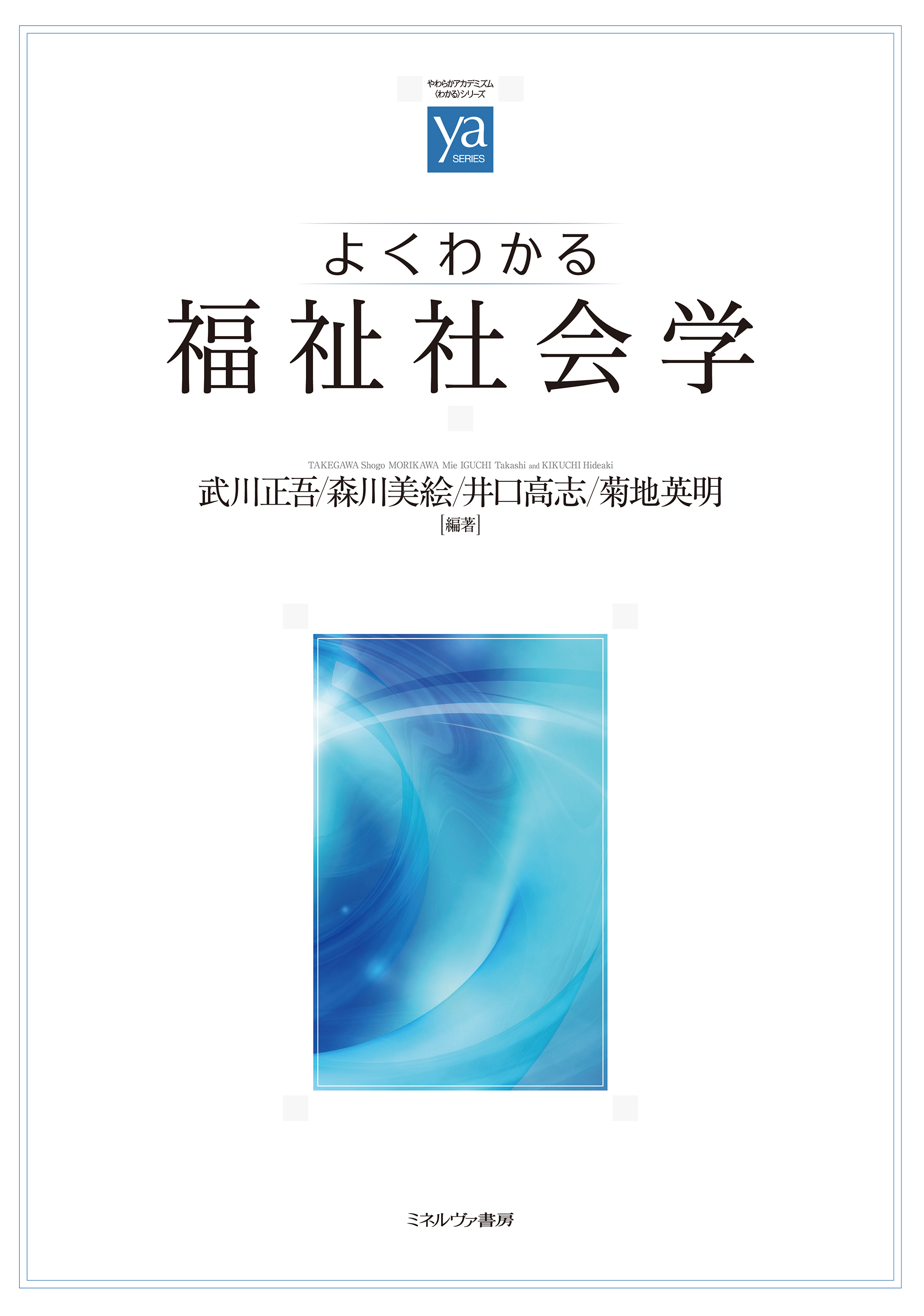
Title
Ninchishosyakai no Kibou wa Ikani Hirakarerunoka (How to Create the Hope of Dementia Society - Sociological Inquiry about Care Practice and the Voice of People with Dementia)
Size
284 pages, 127x188mm
Language
Japanese
Released
August 30, 2020
ISBN
9784771032934
Published by
Koyo Shobo
Book Info
See Book Availability at Library
Japanese Page
The original tentative title of this book was "Inclusion and Exclusion around Dementia." This is also the title of the first chapter of this book which, frankly, more accurately describes its actual content than the current title. What kind of people are currently considered to have dementia, how have they been understood and excluded in medical and nursing care settings, and has inclusion been achieved? In Chapter 1, the general introduction to this book, I have organized the understanding and inclusion of people with dementia into three streams that take shape from the 1970s, when the problem was first recognized under the terms "chiho" and "boke," through the 2000s and beyond, when the term "ninchisho" was coined. In the chapters that follow, I discuss how the understanding and acceptance of these three streams have affected the actual practice of dementia care and the movement of people with dementia, based on empirical data.
The actual title, however, was a combination of the vague words "Dementia Society," "Hope," and "Will It Open?” I chose such a title because many people, including people with dementia themselves, are currently facing new challenges related to dementia, and this book was written in the midst of this momentum. As mentioned above, the central task of this book itself is to describe and organize the "past" of dementia, but based on this, I aspired to show something for the future of those who are currently practicing. In this sense, I wrote this book with the intention of positioning the academic method itself, which describes the field practices at a certain distance from them, as one important practice in the "dementia society" (for further details, please read the "Introduction" of this book).
Some may be interested in this book as a work that discusses the issues of caregiving. In fact, whenever I discuss dementia in class, some students further write about their own experiences than I expected, such as their grandparents with dementia and the difficulties they experience in caring for them. This book hopes to convey to these people that the topic of dementia not only concerns nursing care and care, but also "social movements and community building," and that it has a broad scope that can lead to questioning the assumptions and values of society. The sociology of dementia is not an issue limited to medical care, welfare, and family, but an attempt to question "dementia society" involving the entire society, including other areas as well. Of course, this book does not fully discuss what a "dementia society" is, and many issues remain to be examined academically in the future. I hope that many of you will join me in addressing these issues as I work through them myself in the future.
Conversely, assuming that most readers of this introduction are undergraduates, most must be approximately 20 years old or in their twenties, and few of them seem to see "dementia," which is deeply related to aging and old age, as their own problem. Initially, many young people might not have read this introduction after taking a glance at the title. However, I dare to say to those who happen to see this page that, although this book concerns dementia, it can be a useful reference when considering other themes, more general sociological themes, and sociological stances and methodologies. For example, the ways of exclusion and inclusion depicted in this book can be a case study that can be referenced when considering the process by which other minorities are "understood". Additionally, while dementia is a phenomenon deeply related to aging, this book also focuses on the "progression" of its symptoms, which, when considered broadly, can be positioned as a powerful case study in considering how to deal with the body as it transforms over time. In this way, the book connects universal themes that research in the social sciences and humanities should consider with issues that we cannot avoid in our daily lives. It is my strong hope that this book will be read critically in the context of these expansive themes.
(Written by IGUCHI Takashi, Associate Professor, Graduate School of Humanities and Sociology / 2022)
Related Info
The 6th Japan Welfare Sociology Association (Japan Welfare Sociology Association July, 2021)
http://www.jws-assoc.jp/prize.html



 Find a book
Find a book


 eBook
eBook